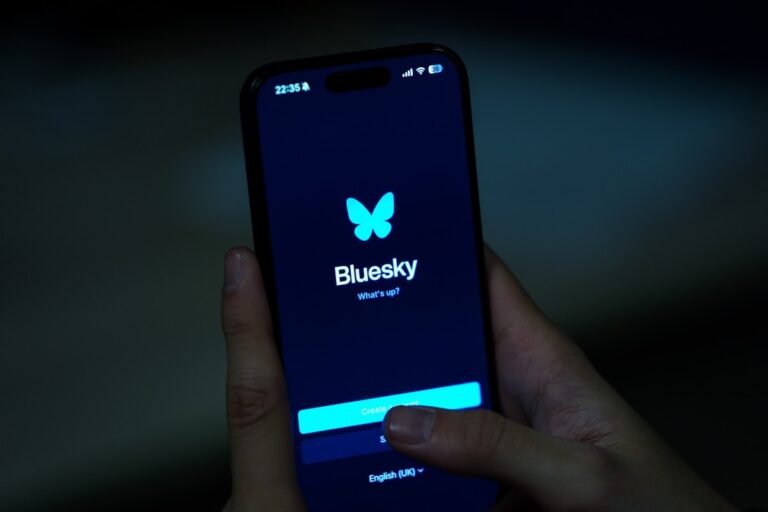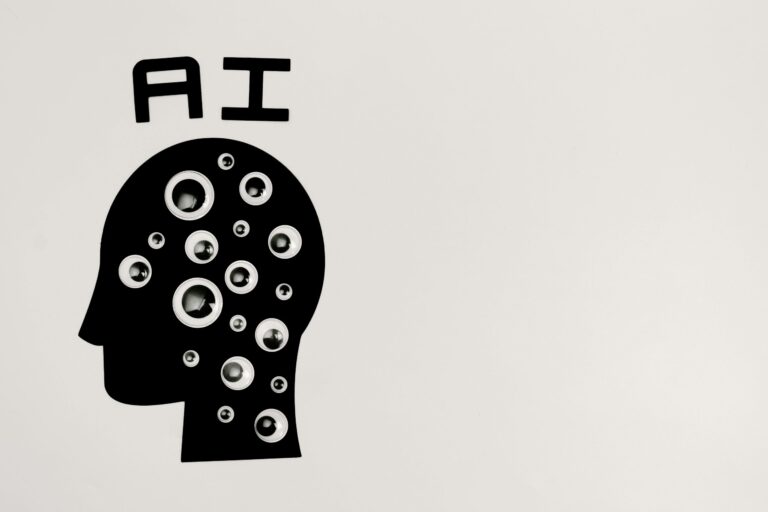Decades-Old AI Reasoning Models: Insights from OpenAI Research Lead Noam Brown
In a recent discussion at Nvidia’s GTC conference, Noam Brown, the head of AI reasoning research at OpenAI, shed light on the evolution of reasoning AI models and their potential impact on the field of artificial intelligence. Brown suggested that if researchers had adopted the right approaches and algorithms two decades ago, advancements in reasoning AI could have emerged much earlier.
Insights from Noam Brown on AI Reasoning
During the panel, Brown expressed his observations regarding the neglected research directions in AI. He noted, “Humans spend a lot of time thinking before they act in a tough situation. Maybe this would be very useful [in AI].” This statement highlights the significance of incorporating human-like reasoning into AI systems.
The Evolution of Game-Playing AI
Brown’s notable contributions to game-playing AI at Carnegie Mellon University include the development of Pluribus, an AI that successfully defeated elite poker professionals. Unlike traditional models that rely on brute force, Pluribus showcased a unique ability to reason through complex problems.
Advancements with OpenAI’s o1 Model
In addition to his work on Pluribus, Brown is also a key architect behind the o1 AI model at OpenAI. This innovative model utilizes a technique known as test-time inference, which allows the AI to ‘think’ before responding to inquiries. This method enhances the model’s accuracy and reliability, particularly in challenging domains such as mathematics and science.
Challenges and Opportunities in AI Research
When questioned about the ability of academia to conduct experiments on par with AI laboratories like OpenAI, Brown acknowledged the growing challenges due to increased computational demands. However, he emphasized that academics can still contribute significantly by focusing on areas that require less computational power, such as model architecture design.
- Collaboration opportunities exist between frontier labs and academia.
- Academic research can influence advancements in AI through compelling arguments in publications.
- AI benchmarking is a critical area where academic contributions can lead to significant improvements.
Concerns About Funding Cuts
Brown’s insights come at a crucial time when the Trump administration is implementing substantial cuts to scientific grant-making. Esteemed AI experts, including Nobel laureate Geoffrey Hinton, have voiced concerns that these funding reductions may jeopardize both domestic and international AI research efforts.
The Need for Better AI Benchmarks
Brown specifically highlighted the poor state of AI benchmarking as an area ripe for academic intervention. He stated, “The state of benchmarks in AI is really bad, and that doesn’t require a lot of compute to do.” Current benchmarks often assess esoteric knowledge and provide scores that do not accurately reflect real-world task proficiency, leading to confusion about AI models’ capabilities.
For more insights on AI research and developments, you can explore related topics on OpenAI’s research page or check out the Nvidia GTC conference for the latest advancements in technology.
Updated 4:06 p.m. PT: An earlier version of this article erroneously implied that Brown was discussing reasoning models like o1 in his initial remarks. He was, in fact, referring to his work on game-playing AI prior to his tenure at OpenAI. We apologize for the oversight.







